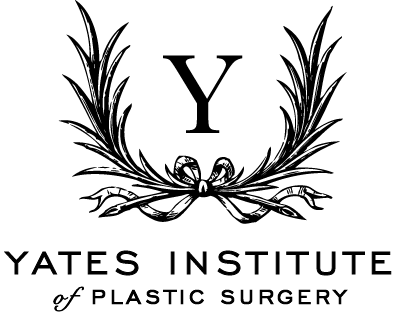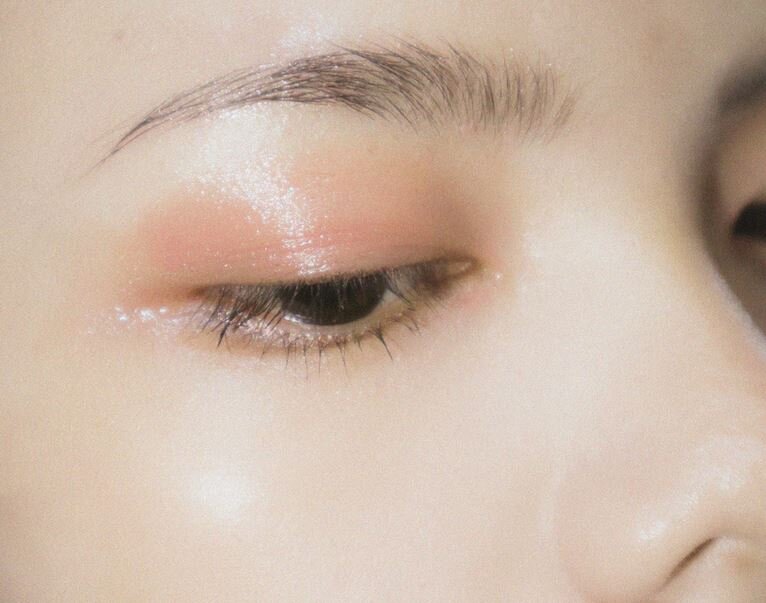What to expect after eyelid surgery
Eyelid surgery is also known as blepharoplasty, and it represents the surgical intervention that aims to restore a natural aspect to droopy eyelids by eliminating the excess skin, fat, and even muscle, in some cases.
The procedure is performed on men and women alike, of different ages. You can consider undergoing a blepharoplasty if you have excess skin covering the natural fold of the superior eyelids. At the same time, the procedure is also recommended for people who have loose skin that falls over the eyelashes and affects peripheral vision. If the superior or inferior eyelids are too puffy and give you a tired and aged aspect, you might also be a good candidate for the procedure. Blepharoplasty might also be a good option for people with deep wrinkles and bags under the eyes.
The intervention is safe and associated with few risks and complications. However, it’s important for the patients to know what to expect after the eyelid surgery and what they should do to get the best results possible.
Recovery and care after eyelid surgery
During the initial consultation with our talented and experienced board-certified plastic surgeon, Dr. Essie Yates, here at the Yates Institute for Plastic Surgery in Fort Lauderdale, you will find out all the details of the eyelid surgery procedure. The plastic surgeon will address all your concerns, including how long it will take to get back to work and resume regular activity. You will also receive detailed instructions on post-operative care, including the normal side effects that occur and the signs of potential complications to be aware of.
What you need after the eyelid surgery
Preparing your home for the recovery period and discussing all the details with your family is important as you might need their help during the first few days post-op. Here are some of the things you should have in hand when you return home after your procedure:
Ice packs
You’ll need to apply ice packs on your eyelids to reduce the swelling and bruising. Make sure to always apply the ice on a cotton cloth or something similar to avoid damage to the delicate skin of the eyes or getting the bandages wet.
Eye drops
Depending on your particular needs, the plastic surgeon might recommend eye drops or artificial tears.
Clean towels
You can use them when you apply ice to make sure the skin doesn’t get in contact with the ice.
Prescribed medication
The plastic surgeon will prescribe pain medication to help you alleviate the pain and get rid of the discomfort that can occur during the few days after undergoing the procedure. In some cases, antibiotics can also be prescribed to avoid infections.
Days off from work
After eyelid surgery, it is essential to take days off from work. The plastic surgeon will advise on how many days you might need. Also, make sure not to schedule important events within a short timeframe after the procedure.
What happens right after you had eyelid surgery
It is not uncommon for patients undergoing eyelid surgery to experience increased sensitivity to light and even double vision. Tears in excess might also occur, but, again, this is totally normal.
The incisions are red and visible initially, and the eyelids are swollen and numb. Many patients worry about these side effects of the procedure, but they subside in the next following days. However, it’s important to mention that the swelling and bruising can last up to two weeks. Cold compresses can help with the swelling; just make sure to start applying the ice packs on the eyelids the moment you get back home from the surgery.
In most cases, the pain is minimal after such an intervention. However, as we’ve mentioned before, the plastic surgeon will prescribe pain medication to ease the discomfort. Avoid over-the-counter medication and natural supplements unless they were recommended by the plastic surgeon. Otherwise, excessive bleeding might occur.
Complications are rare after the blepharoplasty intervention. The plastic surgeon will tell you to look out for signs of infection such as high fever, redness, and excessive inflammation at the surgical site or puss at the level of the surgical incision.
Recovery after the eyelid surgery
Just like it is the case with other plastic surgery interventions, the success of the blepharoplasty is not only in the hands of the plastic surgeon but also dependent on the patient’s attitude during the recovery period. To have a smooth and quick recovery period after blepharoplasty, it’s important to follow the recommendations of the plastic surgeon to the letter.
You should avoid intense physical activities of any kind for at least two weeks post-op. You can resume your workouts at the gym after the plastic surgeon gives you the green light. Also, keep in mind that the healing process is a very personal thing, and each and every patient recovers at his own pace.
First two weeks after blepharoplasty
While it’s not really necessary to stay in bed after blepharoplasty, avoiding strenuous activities is essential. During the first few days post-op, it would be better to stay home, apply ice packs on the eyelids, and rest.
Keep your head elevated higher than the chest when you rest in bed or sleep. The swelling and bruising can subside faster if you keep your head up during the first days post-op. You should also avoid bending your head.
A tight sensation at the level of the eyelids is normal after blepharoplasty. Your eyes might feel dry during the first two weeks, and this is the reason why the surgeon recommends artificial tears and even avoiding certain activities such as watching TV, reading, working on a computer, etc.
Final words
Blepharoplasty is a popular plastic surgery procedure performed to help patients get a youthful-looking appearance and also to improve peripheral vision in some cases. The recovery period after this intervention can take a few days and up to two weeks. During this time, the patient can experience different things such as dry eyes, swelling and bruising at the level of the eyelids, and even numbness. Make sure to follow the recommendations of the plastic surgeon for a quick and uneventful recovery period.


